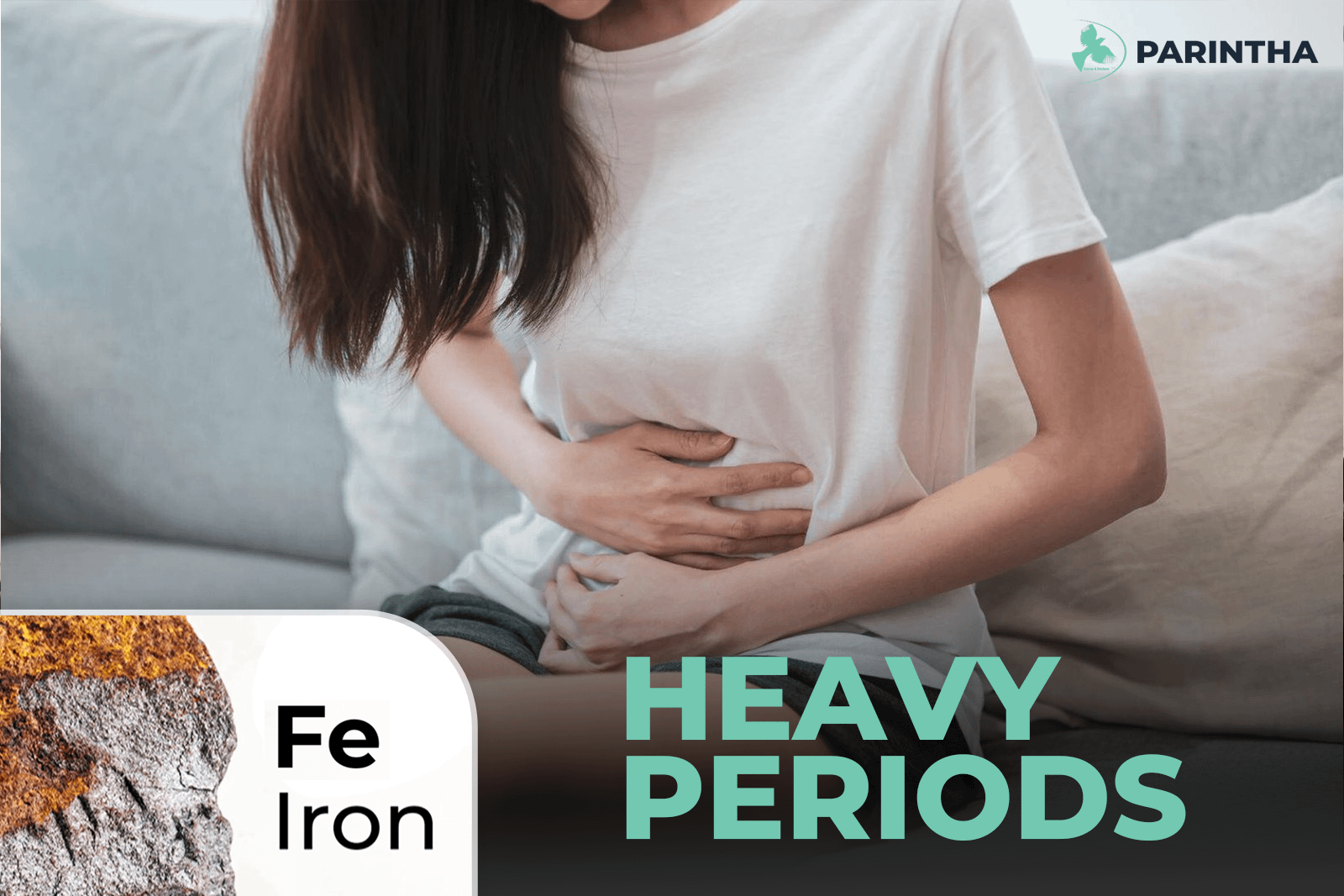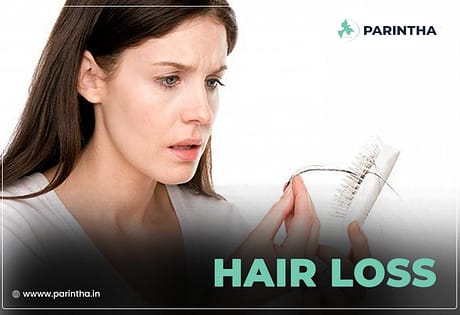
Iron deficiency anemia caused by heavy menstrual periods is a prevalent issue among women of childbearing age.
- Iron deficiency anemia occurs when the body lacks sufficient iron to produce haemoglobin.
- Over 1.6 billion people globally suffer from anemia, with women of childbearing age representing about a third of all cases.
- Iron deficiency is the leading nutritional deficiency worldwide, contributing to at least half of the global anemia burden.
Causes of Iron Deficiency
- Negative iron balance arises due to inadequate dietary iron intake and/or chronic blood loss.
- Heavy menstrual bleeding is a common cause of chronic blood loss in women.
- Adolescents and women with inadequate dietary iron intake, often due to low consumption of meats or green vegetables, are at higher risk.
Impact of Heavy Menstrual Bleeding (HMB)
- HMB can lead to significant iron loss, resulting in iron deficiency and anemia.
- Women with HMB often experience symptoms such as low energy, pallor, breathlessness, and fatigue.
- HMB affects approximately 18–38% of women of reproductive age and may increase as women approach menopause.
Consequences of Iron Deficiency Anemia
- Iron deficiency anemia affects quality of life, productivity, and cognitive function.
- Severe iron deficiency can lead to impaired red blood cell production and overall health deterioration.
- Young women, particularly those with poor diets, may struggle to meet iron needs during their menstrual cycles.
Interventions for Iron Deficiency Anemia
- Daily oral iron supplementation is a common intervention for women.
- Iron supplements have been shown to reduce the prevalence of anemia and improve haemoglobin levels.
- Addressing iron deficiency can enhance physical, cognitive, and psychological health.
Conclusion
Iron deficiency anemia and heavy menstrual bleeding are interconnected conditions that significantly impact the lives of reproductive-aged women. Addressing these issues through appropriate interventions such as iron supplementation and dietary adjustments is essential to improve health outcomes and overall quality of life.
- Cochrane Database Syst Rev. 2016 Apr; 2016(4): CD009747.
- Int J Gynaecol Obstet. 2023:162 Suppl 2:7-13.
- Eur J Obstet Gynecol Reprod Biol. 2010;152(2):133-137.
- Adv Ther. 2021; 38(1): 201–225.
- Am J Obstet Gynecol. 2023; 229(1):1-9.
Related posts
 06Aug
06Aug
Iron Deficiency and Its Impact on Hair Loss
Iron deficiency is the most common nutritional deficiency worldwide, affecting numerous physiological processes including …
 11May
11May
What Female Athletes Should Know about Iron Deficiency
Iron deficiency and anaemia are not just concerns, but significant health issues among athletes, …
 19Apr
19Apr
Iron Deficiency and Pregnancy
Iron deficiency and iron deficiency anemia are significant health problems worldwide, especially for women …
